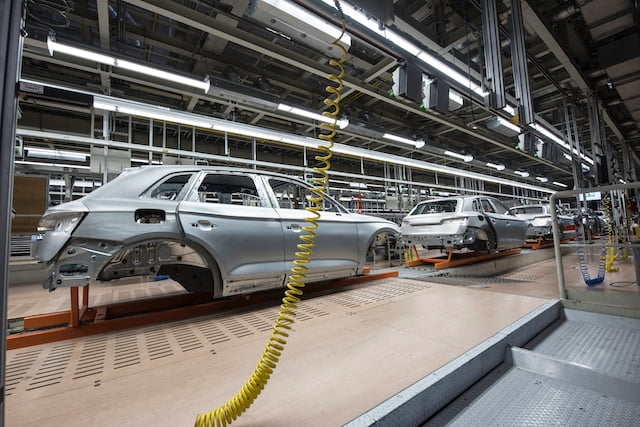
The automotive industry, like many other sectors, relies heavily on robust and reliable components to ensure the optimum functioning of vehicles. One of the unsung heroes in this arena is the intricate world of automotive fastening systems. Delving into this essential area, this post explores the key requirements and defining characteristics of fastening solutions.
Table of Contents
Importance of Automotive Fastening Systems
The integrity of a vehicle heavily depends on the minute pieces that hold it together. These systems ensure that every component, from the engine parts to the interior fittings, is held securely in place, preventing malfunctions or potential accidents. Without these, even the most technologically advanced vehicles would fall apart during operation. Beyond structural coherence, fastening systems maintain the synchrony between moving parts, ensuring efficiency and longevity. As automotive designs become more complex, the relevance of these systems increases multifold.
Key Requirements
- Strength and Durability: Given the dynamic and often harsh environment in which vehicles operate, it’s essential that the fastening systems are both strong and durable. They should resist vibrations, corrosion, and extreme temperatures. It’s not just about holding parts together, but ensuring they remain intact under various stress conditions. The materials chosen for these fasteners must undergo rigorous testing to prove their mettle. Innovations in fastener solutions have led to materials and designs that defy traditional limits of strength and resilience.
- Flexibility: As vehicle designs evolve, so too should the fastening systems. They must be adaptable to various parts and materials. This flexibility is paramount as vehicles today come in an array of designs, from electric cars to hybrid models. A one-size-fits-all approach is obsolete in the fastening world.
- Weight Efficiency: With the push for fuel-efficient vehicles, reducing the weight of all components, including fasteners, is crucial. Lightweight fasteners that don’t compromise on strength are highly sought after. As vehicles push towards greener horizons, a minor weight reduction can significantly impact fuel efficiency.
- Ease of Installation: Time is money in the manufacturing world. Fastening systems should be easy to install, reducing assembly time and costs. An intuitive design ensures that workers can install them with minimal training, preventing errors.
The Role of a Fastener Manufacturer
The fastener manufacturer plays a pivotal role in the automotive industry. They are responsible for ensuring that the fasteners not only meet industry standards but are also tailored to specific vehicle needs. By understanding the intricate details of the automotive world and working closely with vehicle manufacturers, they ensure the creation of superior fastening systems. Their commitment to quality ensures that vehicles are not just efficient but safe for end-users. They invest in research and development to foresee industry needs, always staying a step ahead.
Finding Reliable Fastener Suppliers
For automotive companies, partnering with reliable fastener suppliers is essential. Suppliers should offer a range of solutions to suit varying vehicle needs, be up-to-date with the latest industry innovations, and maintain stringent quality control measures. Their role ensures a seamless supply chain, guaranteeing vehicles are built efficiently and to the highest standards. A strong relationship between manufacturers and suppliers translates to consistency in production lines.
Environmental Impact of Automotive Fastening
In today’s eco-conscious world, the environmental impact of all manufacturing components, including fastening systems, can’t be overlooked. The production, use, and disposal of fasteners should have minimal environmental footprints. This involves the use of sustainable materials, energy-efficient production methods, and recyclable or biodegradable end products. As the automotive industry shifts towards greener solutions, the onus is on fastening systems to adapt and align with these sustainable goals. Biodegradable fasteners could be the next big innovation, causing a revolution in the industry.
Conclusion:
As one navigates the vast landscape of the automotive world, it’s clear that behind every sleek design and roaring engine, there’s an intricate system of fasteners holding everything together. Understanding the requirements and characteristics of automotive fastening solutions sheds light on the immense importance of these small yet pivotal components. With continued advancements and the expertise of fastener manufacturers and suppliers, the future of automotive fastening looks bright.





